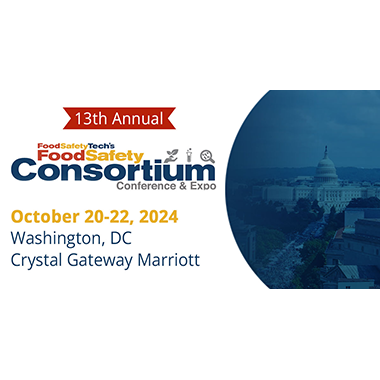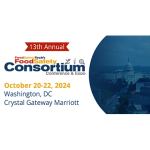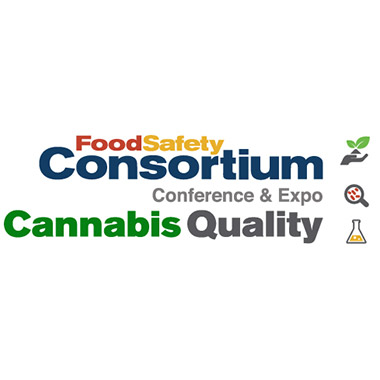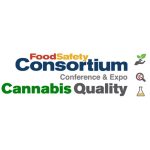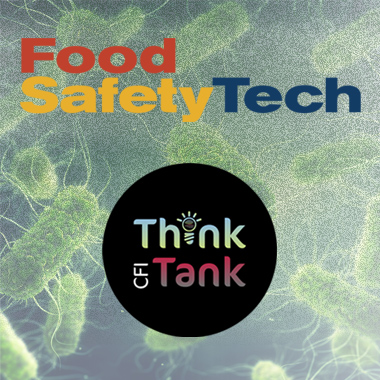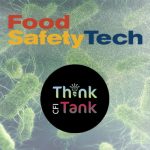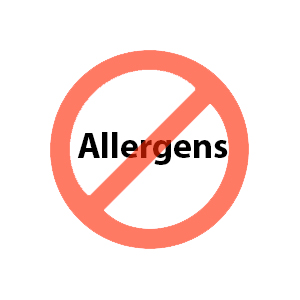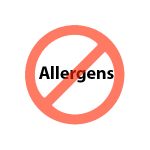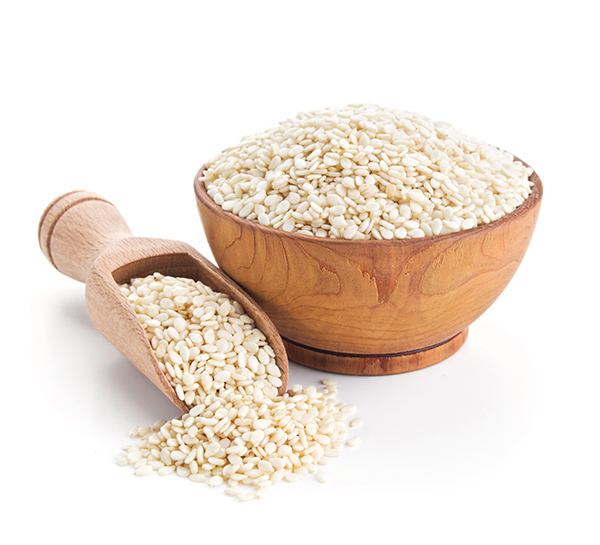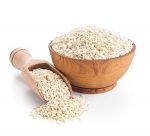Some work with patients one-on-one, but they can also work in corporate settings, athletic facilities, food manufacturing centers, government organizations, hospitals, physician’s offices, schools, and more.
In this article, we will take a closer look at the connection between food safety and nutrition, including the important role nutritionists play in nutrition education, food safety, and mitigating food-related health risks.
The Connection Between Food Safety and Nutrition
Food safety and nutrition are inherently linked. Food safety refers to the prevention of food contamination, and for people to be healthy, they must have access to food that keeps them well-nourished and free from foodborne illnesses. In other words, to avoid food-related health risks, people must have consistent access to safe and healthy foods. Poor nutrition is one of the leading causes of illness in the United States. Without safe and equitable access to healthy foods, 600,000 Americans die each year.
By educating others on what to eat and where to get these foods, as well as helping organizations create better food safety and food security plans, nutritionists ensure people have access to the best foods possible for maintaining overall health and well-being.
What is a Nutritionist?
Before diving further into the role nutritionists play in food safety, it’s helpful to understand what they do exactly. Despite the connection between their work and the health of the public, nutritionists are not doctors.
 Nutritionists can either be licensed or unlicensed, depending on their specific career goals and where they live, as licensure requirements can differ from one state to the next. When working with patients one-on-one out of a private practice, for example, a nutritionist might not need to be certified. However, if working with a hospital, a school, or a government organization, it is likely that they will be required to have a license — but again, this can depend on the specific requirements of the state they are working in.
Nutritionists can either be licensed or unlicensed, depending on their specific career goals and where they live, as licensure requirements can differ from one state to the next. When working with patients one-on-one out of a private practice, for example, a nutritionist might not need to be certified. However, if working with a hospital, a school, or a government organization, it is likely that they will be required to have a license — but again, this can depend on the specific requirements of the state they are working in.
However, doctors are often not routinely trained in nutrition. Thus, when a doctor does not have the knowledge needed to help a patient, they can refer them to a nutritionist for special guidance and support. If a patient is recovering from cancer or is dealing with diabetes, they may need to work with a larger medical team so they can learn to manage their condition and alleviate symptoms through a proper diet. In addition to educating patients on what foods to eat for their health, these specialists can also consider factors such as food allergies, dietary needs for athletes, personal tastes, and cultural and religious dietary needs.
What Role Do Nutritionists Play in Nutrition Education and Food Safety?
There are numerous ways that nutritionists work to educate others on food safety. Many organizations and companies are responsible for providing nutritious meals, such as nursing homes, hospitals, and restaurants. These facilities will often hire nutrition experts to help them craft menus and create healthy and flavorful meal plans.
The government also partners with and hires nutritionists for various programs. The USDA Food and Nutrition Service (FNS), for example, is responsible for offering science-based nutrition education to the public. Nutrition professionals will then work with the FNS to create educational programs and even policies that support the health and well-being of communities, families, and individuals.
Nutritionists also use their knowledge and expertise to help back up nutrition claims and work with food manufacturers to create nutrition labels and other important dietary information on food packaging They also use analytical data to calculate things like protein quality or food category contributions and share this information to ensure people are choosing the right food products for their individual health and nutrition needs.
Overall, you can find these specialists working with a wide range of organizations to help educate and ensure food safety, including:
- Federal and local health departments;
- Hospitals;
- Private practices;
- Nursing homes;
- Schools;
- Research facilities;
- Food distributors and retailers;
- Hotels and resorts;
- Athletic organizations.
Some of the specific examples of what they can do in these settings can include researching and developing recipes, creating menus and meal plans, educating clients on nutritional food choices, ensuring plans align with weight, health, and nutrition goals, and creating nutrition-related care plans.
In schools, for example, nutrition professionals are responsible for ensuring meals abide by nutrition regulations, meet the taste preferences of diverse student bodies, are prepared properly, address food allergies, and are affordable.
They can also work with local organizations to assist with food security issues, such as communities that are considered food deserts where people lack access to healthy foods. For example, they can work with food vendors and distributors to ensure certain communities and their local grocery stores and markets have a good selection of fresh and nutritious foods.
Furthermore, nutritionists also play a vital role in educating the public to help reduce food-related illness and disease. Cancer, for example, is one of the leading causes of death worldwide but can be mitigated with better food and nutrition education. Nutrition professionals can also help alert the public to contamination and assist with handling food testing and recalls.
Nutrition Education and The Fight Against Cancer
45% of cancer deaths in the United States are linked to things like poor diet and obesity, thus, nutritionists play an important role in helping mitigate cancer risks. There are a number of carcinogens in everyday food products that are linked to cancer, such as acrylamide, which is a chemical that forms in foods placed under high heat, and aflatoxins, which are produced by food molds.
Nutritionists can offer guidance on testing for food safety. For example, nitrosamines or N-nitroso compounds (NOCs) can be carcinogenic and are known to compromise food quality and safety. Unfortunately, there are many ways NOCs can make their way into the food chain, including crop protection processes, meat preservation processes, food drying processes, and even via the consumption of nitrates in vegetables that react with stomach bacteria and acids to form NOCs. With this knowledge, however, nutritionists can advise on nitrosamine testing to ensure proper food safety.
In Summary
Nutritionists are vital when it comes to educating the public and helping to provide access to safe, healthy, and nutritious foods. There are many organizations in our country that heavily rely on the support and guidance of these specialists to better serve and protect the health and well-being of individuals, families, and communities.
Nutritionists will forever play a critical role in helping people make more informed nutrition decisions. Whether working at a private practice, with schools, hospitals, the government, or other organizations, these food educators are key to reducing food-related health risks.

